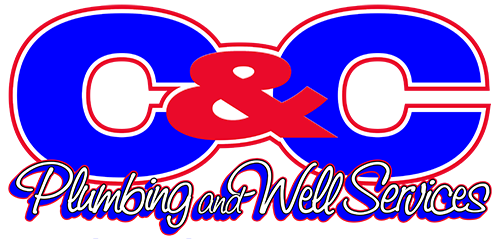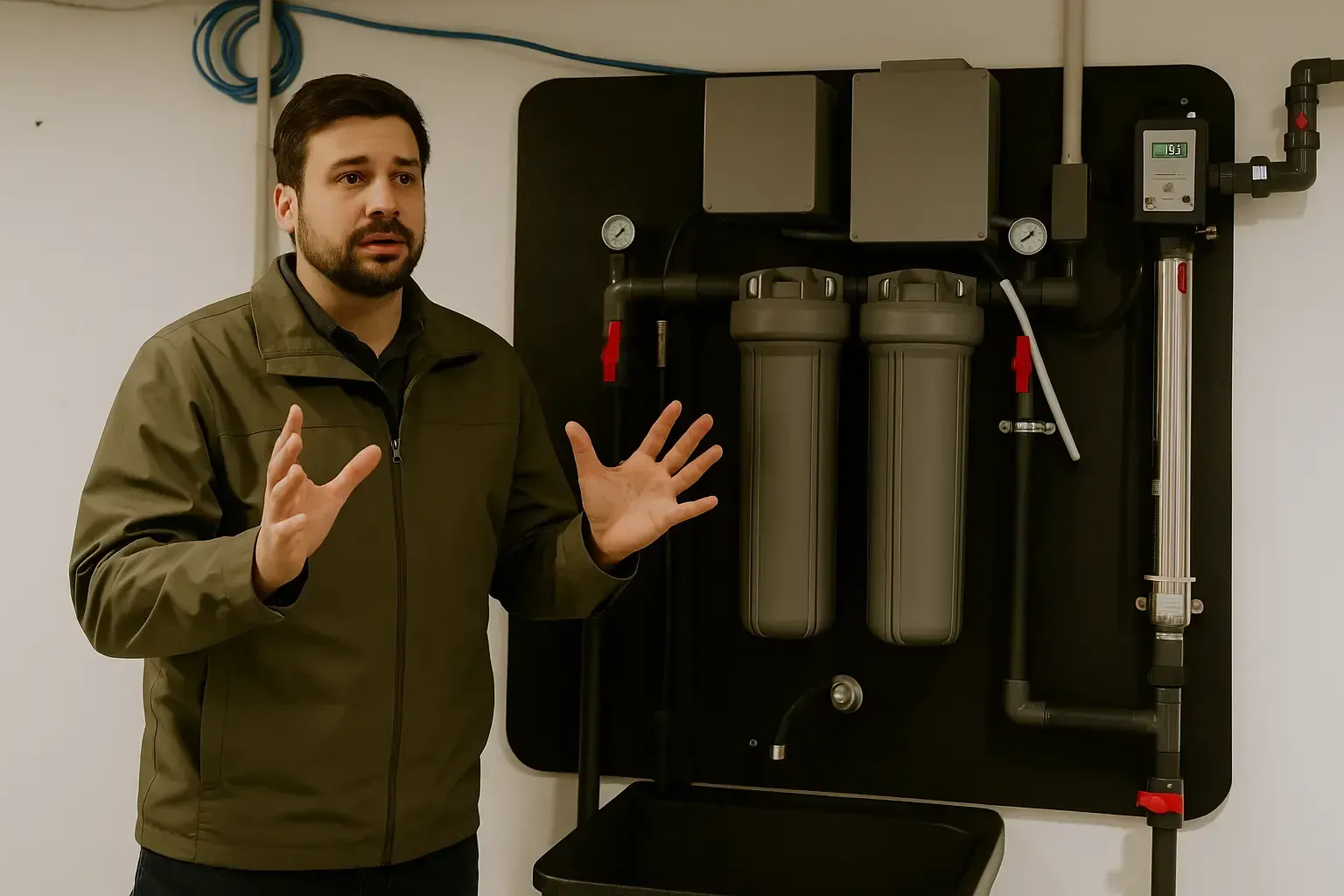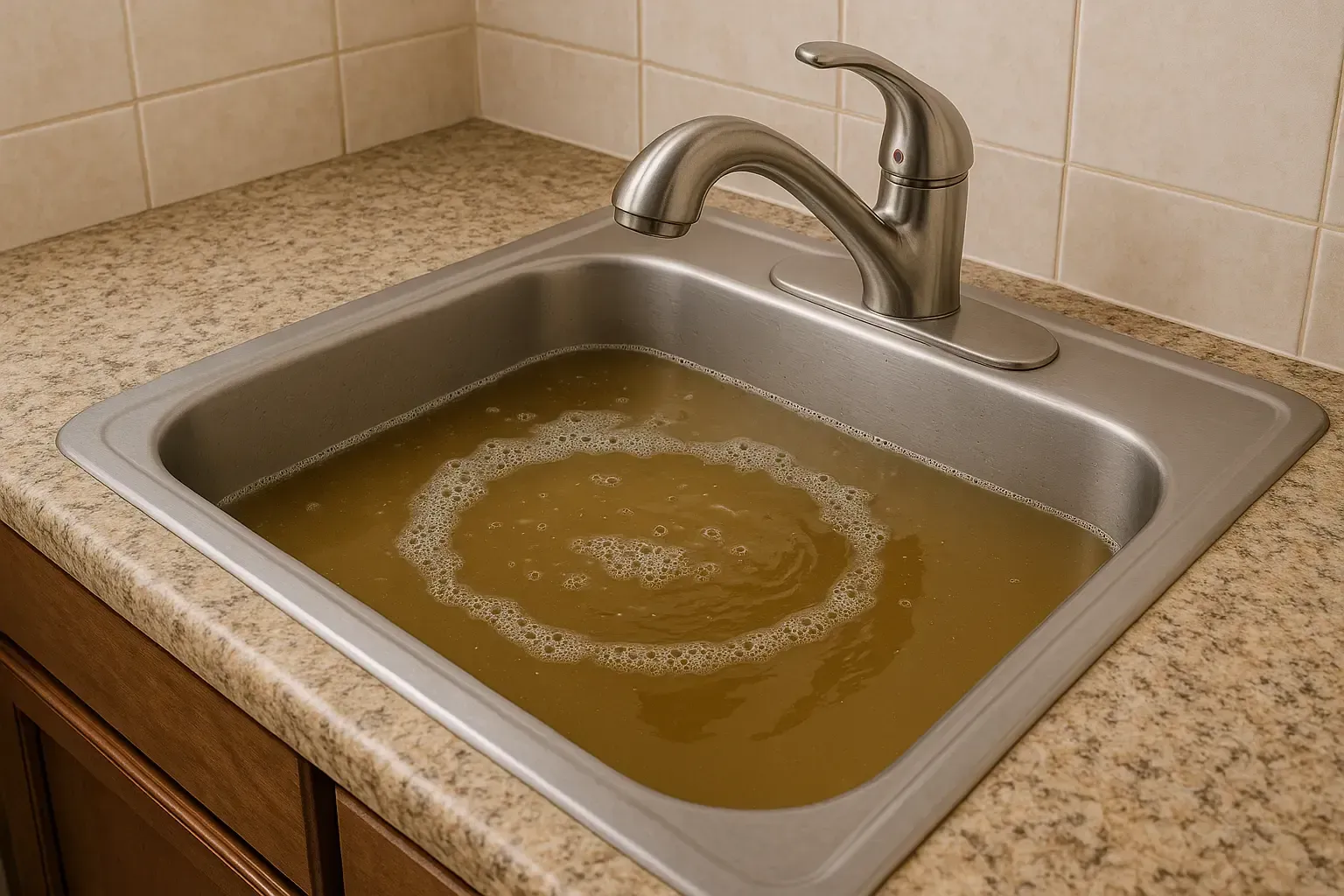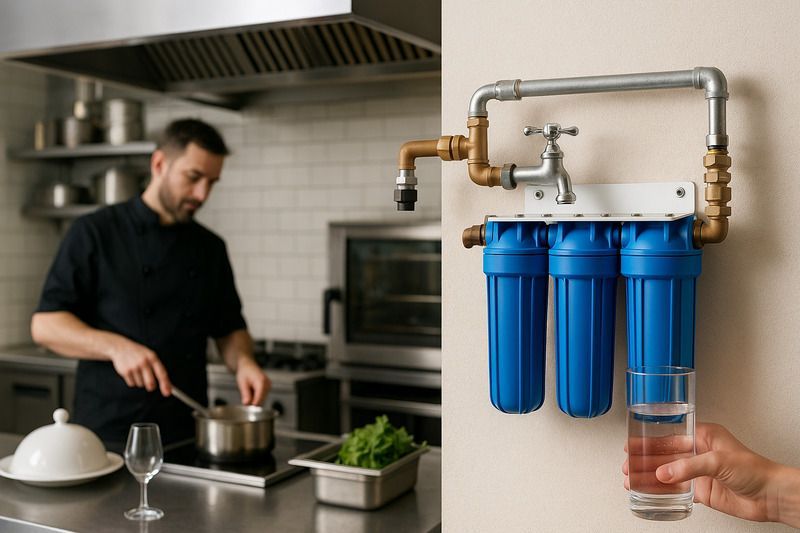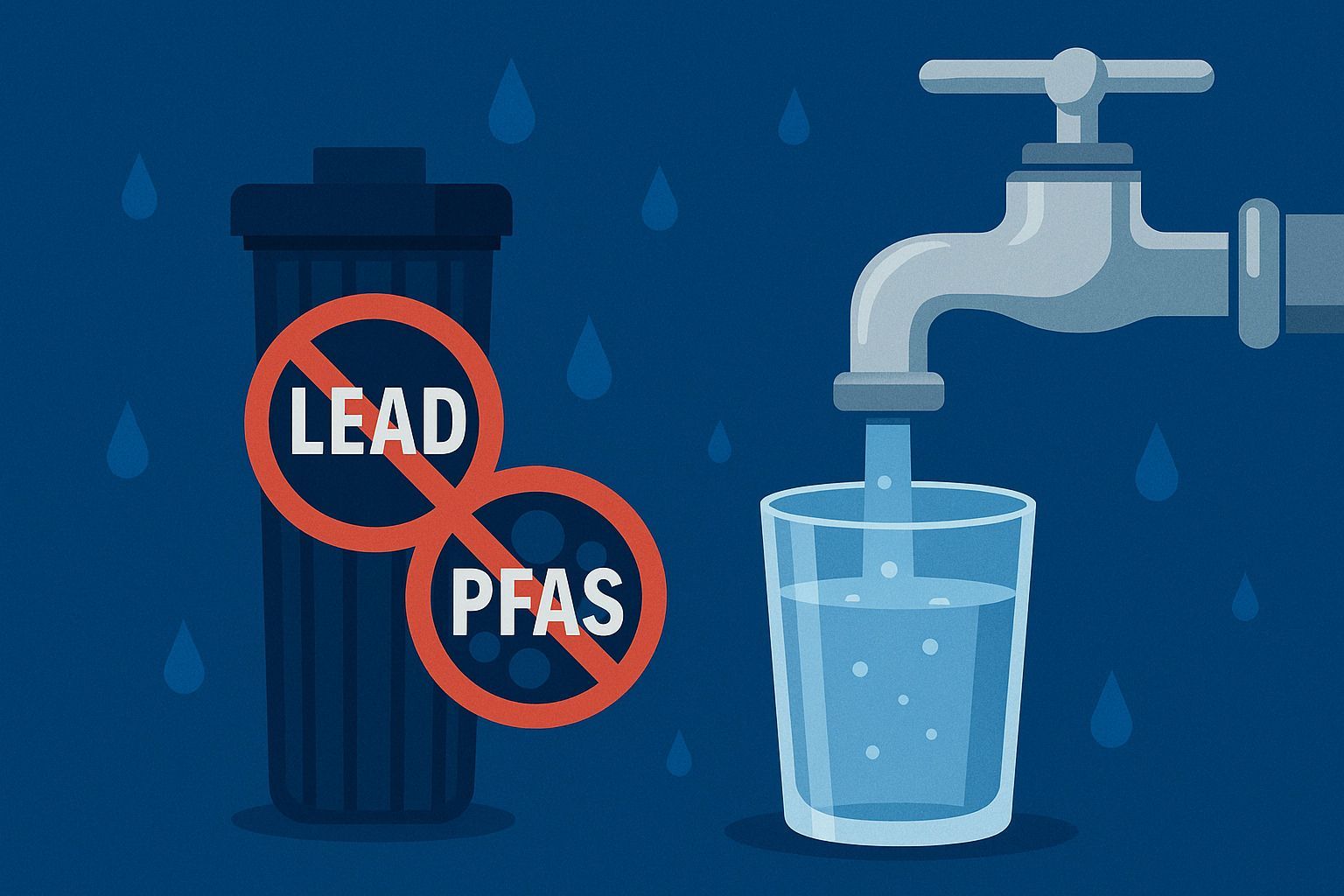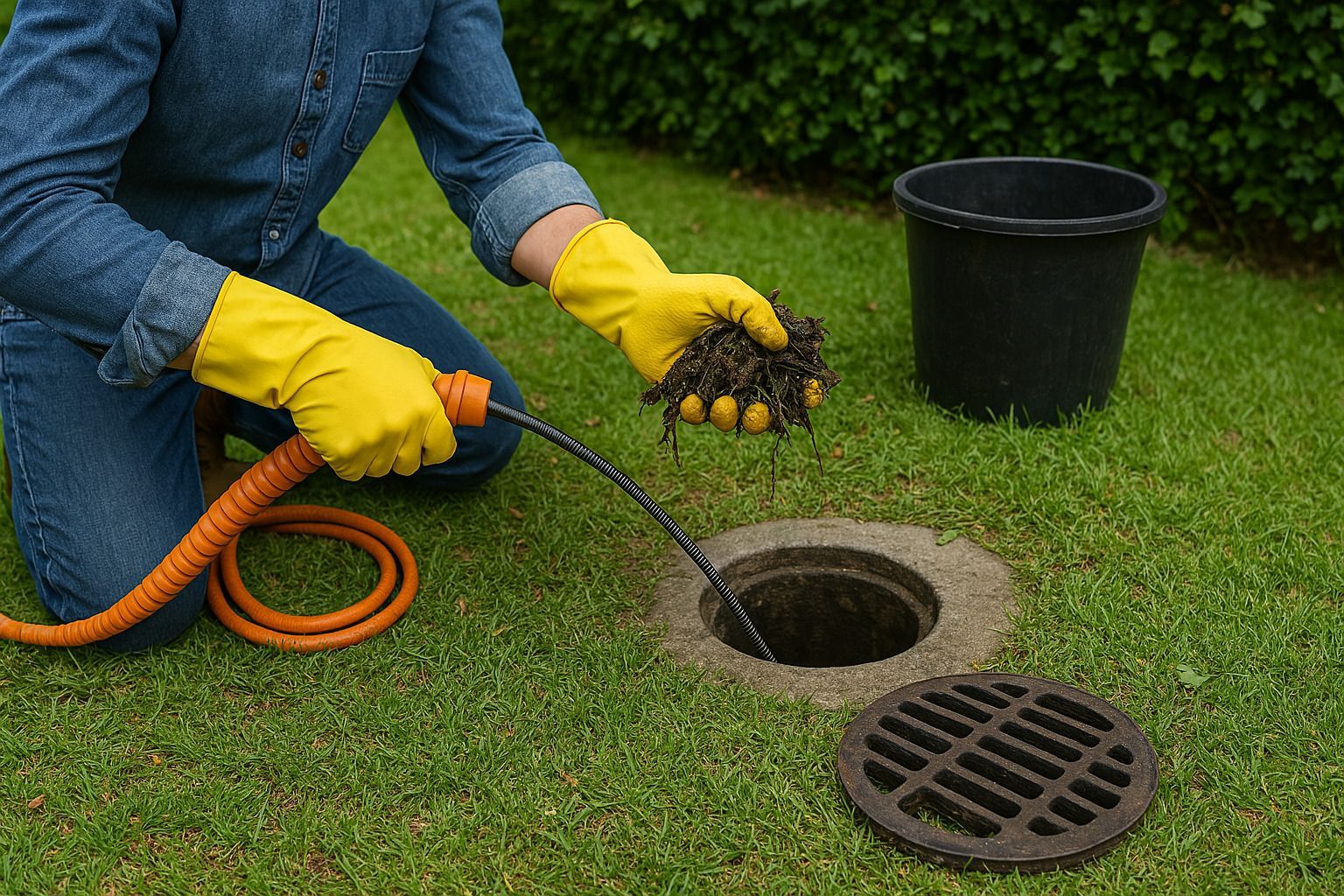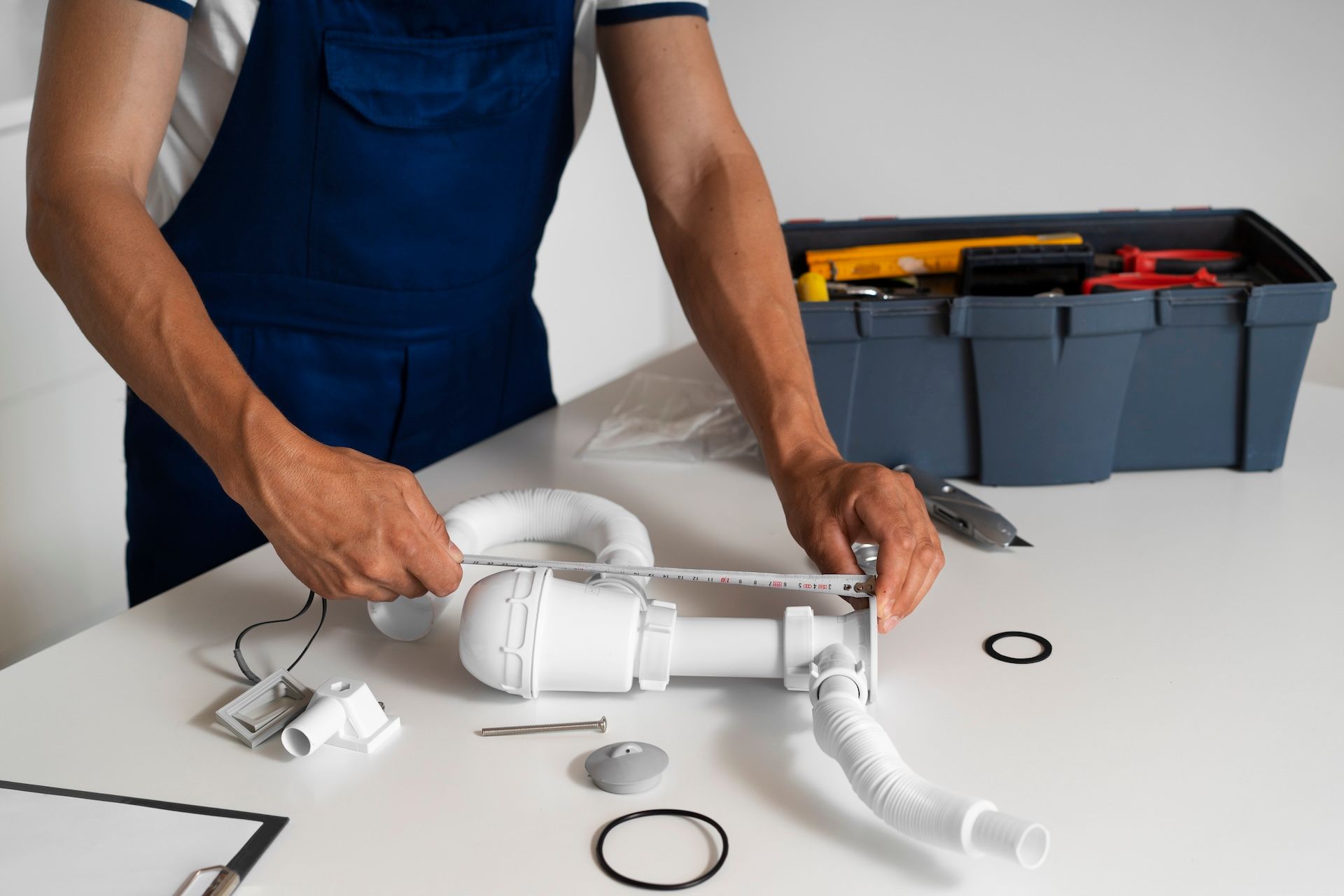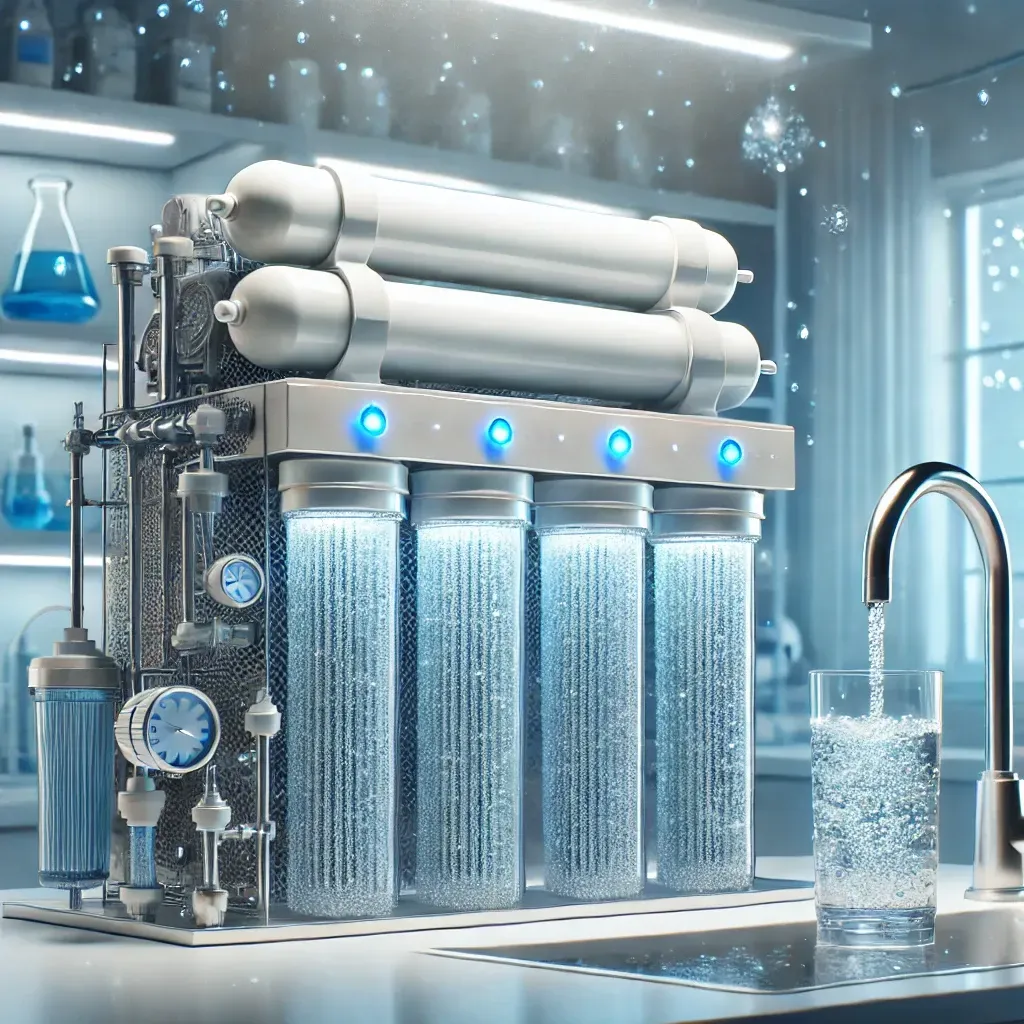5 Most Common Georgia Plumbing Issues
Share this Post on Social Media!
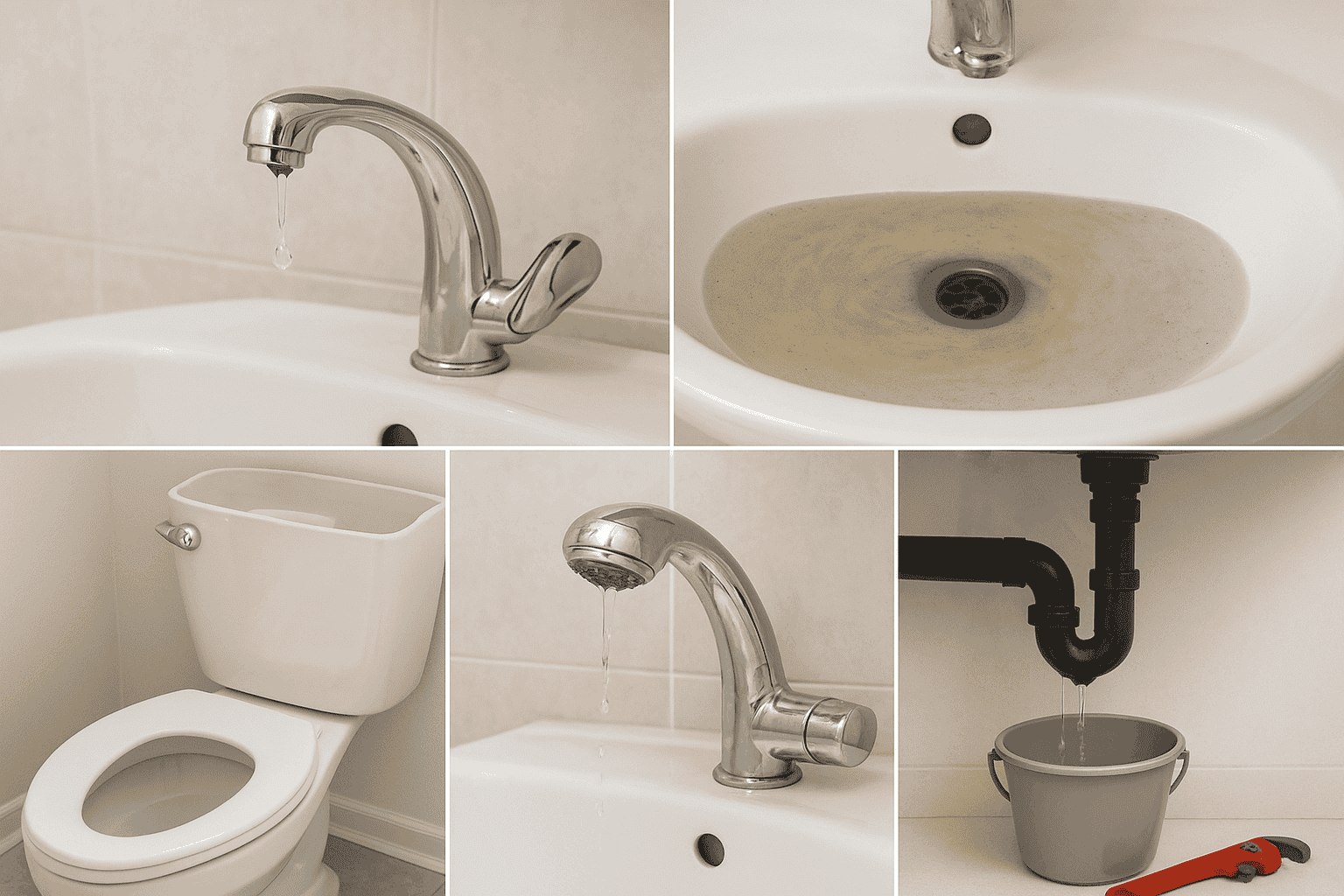
Plumbing. It’s easy to forget about your home’s plumbing when everything works as it should. But the second there are plumbing problems, the whole house grinds to a halt. Even something as simple as low water pressure can make simple tasks impossible. Modern plumbing is something of a marvel, but that doesn’t mean it isn’t susceptible to some age old problems that plague all Georgia homes.
You don’t need to wait for things to go wrong, though. Some of the same factors that make Northeast Georgia an attractive place to live can trouble your plumbing system. By understanding the common causes and frequent issues, you can keep your home’s plumbing running smoothly and everyone in your house happy.
Causes of Plumbing Problems in Georgia
Think of why you love living in Northeast Georgia. Hills rolling into mountains, the beautiful neighborhoods, an explosion of colors each autumn,
Saturdays in Athens, do we need to say more? Unfortunately, some of those same benefits can trouble your plumbing if left unchecked. Our soils, trees, weather, and homes themselves can create issues for plumbing.
Georgia’s Clay Soil
Much of Northeast Georgia comprises the Piedmont region, the area between the Appalachian mountains to the north and the coastal plain to the south and east. This region’s hilly terrain consists mainly of
clay soils, which can expand and contract whenever there’s rain in the forecast. As that soil expands next to pipes, it puts pressure on them that can become too much for the pipe to bear.
Tree Root Systems
As great as our trees are for the beauty and health of our communities, they can wreak havoc on our plumbing. While we enjoy bursts of fall foliage, tree roots underground are searching for one thing—water. Unfortunately, our pipes are one of the best, most consistent sources of water around, and tree roots can find their way in.
Seasonal Weather Fluctuations
Speaking of changing seasons, the change in weather that we experience can become another source of problems for Georgia plumbing. Our region is no stranger to torrential downpours in almost every season. And in the winter months, it’s possible to experience freezing temperatures that can cause water to expand, pushing pipes to their limit.
An Aging Housing Supply
There are homes still standing in our region that date back to the
19th century, and thousands from the start of the 20th century. As beautiful and charming as these homes are, they may have plumbing that’s just as old. If outdated pipes or antiquated systems weren’t replaced by previous homeowners, it could leave current occupants dealing with a century of plumbing problems.
Regional Experience Matters
We know the common causes of Georgia plumbing problems because we’ve seen and fixed them countless times throughout our 20 years in business. Meanwhile, our plumbing team has as much combined experience as some of the oldest homes in Northeast Georgia. That means we don’t have to waste time guessing what’s behind a leaky pipe or clogged system—we can jump right into solutions. We’ve seen firsthand how our region’s unique circumstances create some of these common problems.
The 5 Most Common Georgia Plumbing Problems
Time and again, we see the same problems popping up in Georgia plumbing systems. Many are directly linked to the causes outlined above and can make even the most routine household tasks a nightmarish experience.
Clogged Drains and Sewer Line Problems
If you notice foul smells near appliances or water taking a longer time than normal to clear from sinks or toilets, this could indicate clogged drains. Grease can clog up kitchen drains, while bathroom drains can become clogged from soap buildup or inappropriate items getting flushed down drains.
But if the problem affects every drain in the house, this could point to a problem in the sewer line. The sewer line is the main pipe leading out from your house to the municipal sewer system. Sewer line problems in Georgia can often be traced back to root systems or other vegetation making their way into the plumbing.
Leaky Faucets and Pipes
Another common plumbing problem is a leaky faucet or pipe. Leaky pipes can occur when clay soils cause a pipe to crack from the outside or frozen pipes burst as water freezes and expands into ice. If you notice an unexpected uptick in your water bill or a wet spot anywhere in your walls or ceilings, these point to leaky pipes. If you hear water dripping, or continuing to run after shutting off a sink, there may be leaky faucets in the house.
Running Toilets
If you’re hearing water moving through your toilet after every flush, you likely have a running toilet. The constant drip or rush of water can waste tons of money if left unaddressed. Worse still, it might be leaking around the base of the toilet, rotting out the floor below. Getting running toilets fixed should be a top priority for any homeowner.
Water Heater Issues
We rely on having hot water on demand every day, and it’s something we miss dearly when there are water heater issues. While Georgia doesn’t have the
hardest water in the country, minerals can still build up over time and clog water heaters. If you have a normal amount of water flowing, but it doesn’t ever seem to get hot, it could be caused by these sediment buildups.
Low Water Pressure
When roots build up in pipes, heavy rain causes them to back-up, or century-old pipes reach the end of their lifespan, you can feel it every time you try to use your water. Expecting the usual useful flow of water, you instead get low water pressure that doesn’t get the job done. The only way to resolve the low water pressure and get back a useful supply is to address the underlying plumbing issue.
How to Prevent Common Plumbing Problems
There’s no need to settle for a faulty plumbing system in your household, nor are these common problems inevitable. Homeowners can take a few simple steps to prevent these problems from making their home’s water unusable or paying a sky-high water bill.
- Prevent Clogged Drains: You can take control of your plumbing system by paying careful attention to what you put down it. You can avoid clogged drains in kitchens by refusing to put grease down them. Using appropriate soaps can also help, as can flushing only safe items down the toilet drains.
- Watch for Leaks: Be vigilant regarding leaks. If you hear running water, or notice wet spots anywhere near drains, walls, or ceilings, these could be signs of leaky pipes or faucets. Fixing leaky faucets is a DIY project that could save you thousands on your water bill over time.
- Get Routine Inspections: Sewer line problems may be harder to spot. A random wet spot on your lawn can be a clue, but that’s often only a sign that the problem has already arrived. Avoid reaching that point by calling out a plumber for routine inspections. They can help spot root buildup in these critical pipes and clear them out.
When to Call a Professional
While a single leaky faucet or running toilet may be in your DIY wheelhouse, there are other problems best left to a professional plumber. Whenever you notice multiple clogged drains or leaky pipes,
call a trusted plumber immediately.
It matters who you call though—especially for Northeast Georgia’s plumbing problems. At C&C Plumbing, we bring over 100 years of combined experience resolving issues for homeowners across the region. Let our local expertise save you headaches, time, and money while we get right to fixing the problem.
Request service online today!
